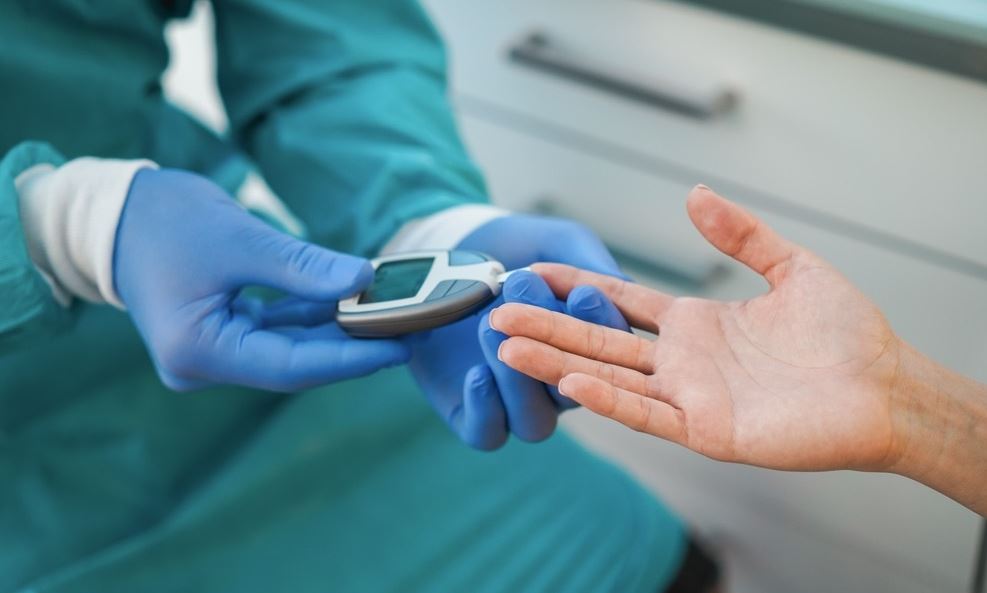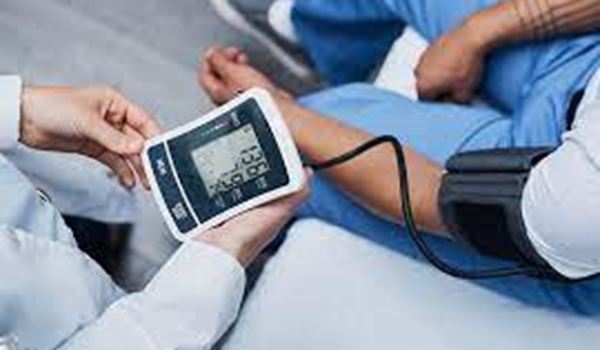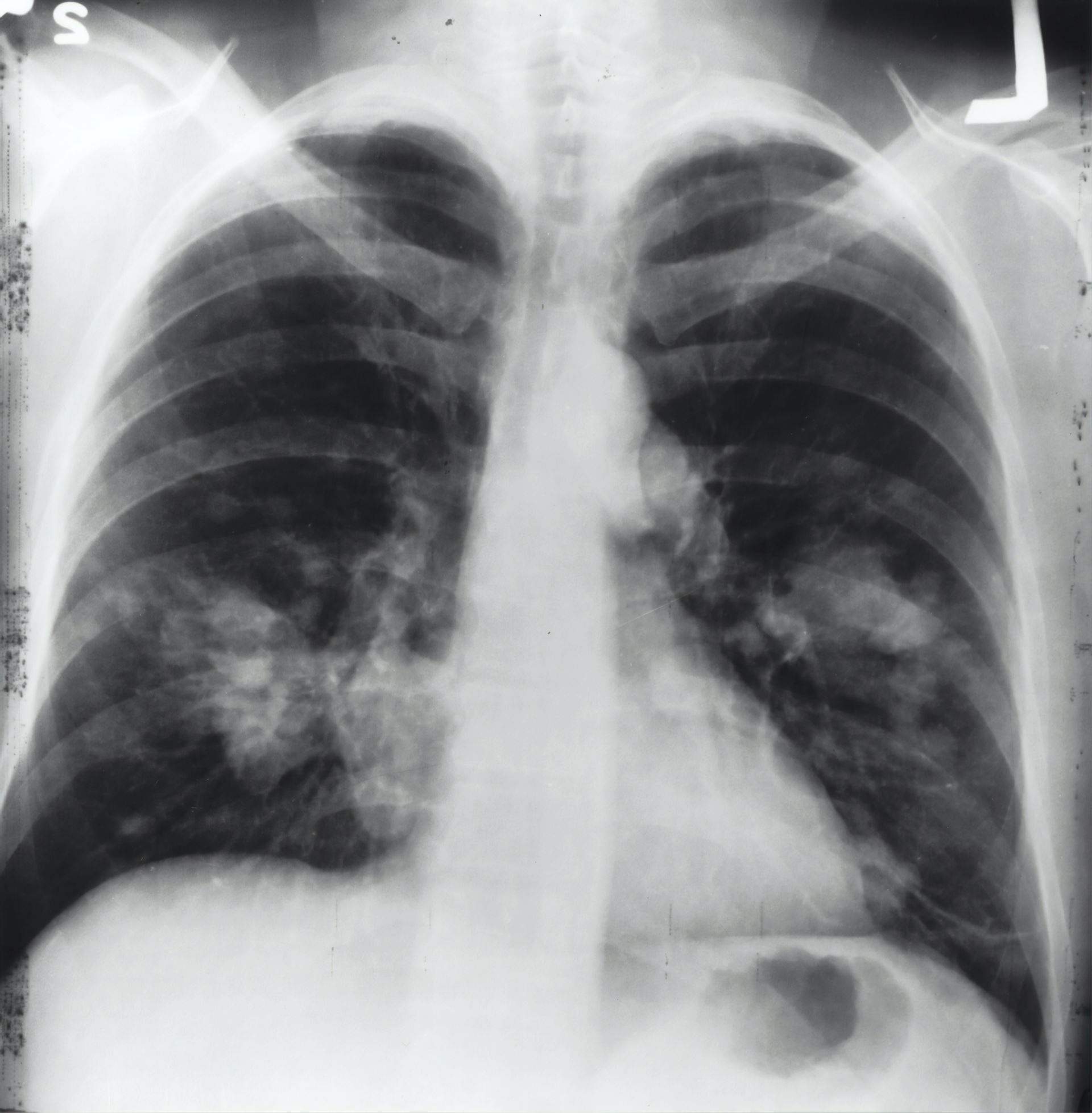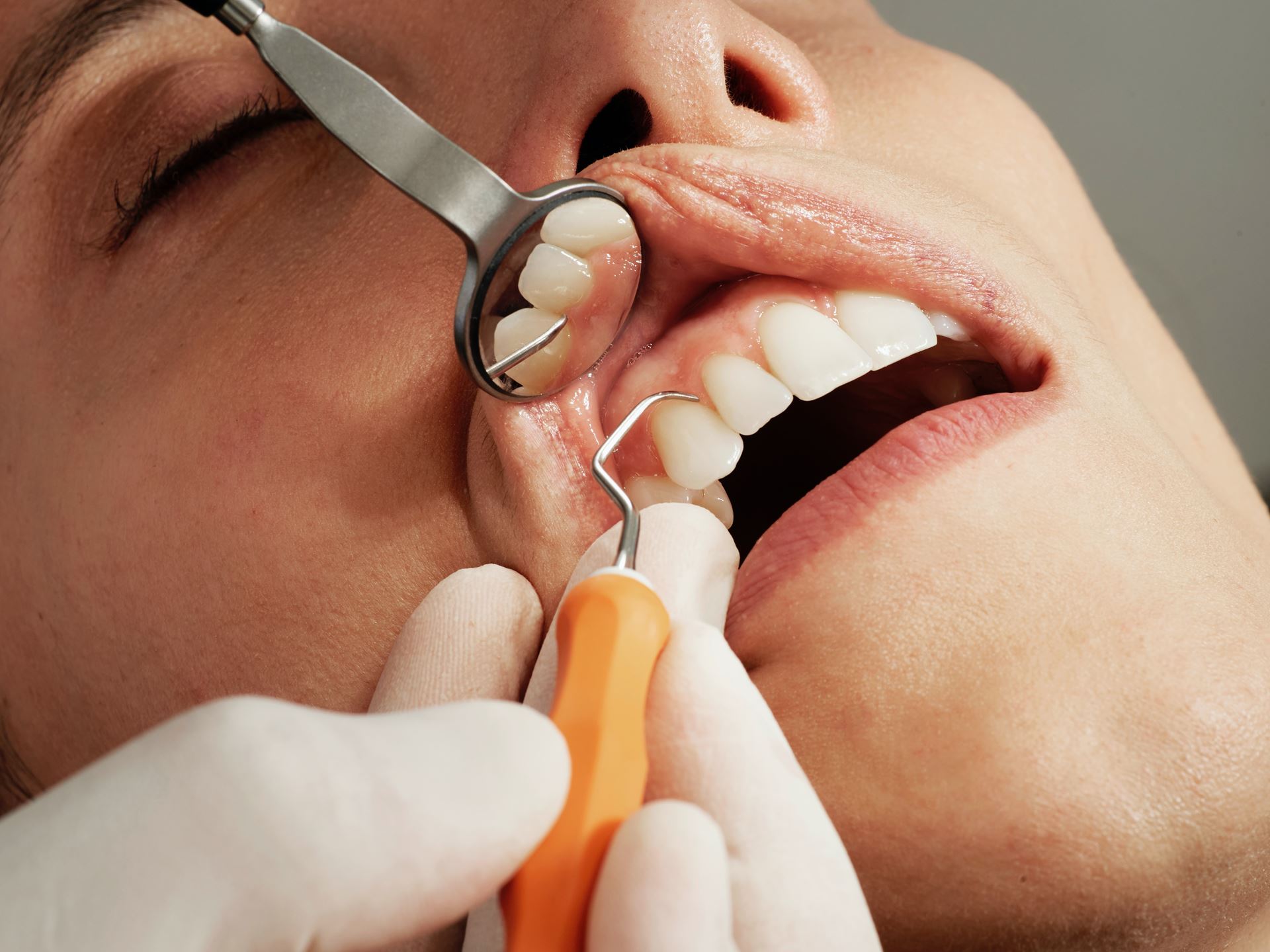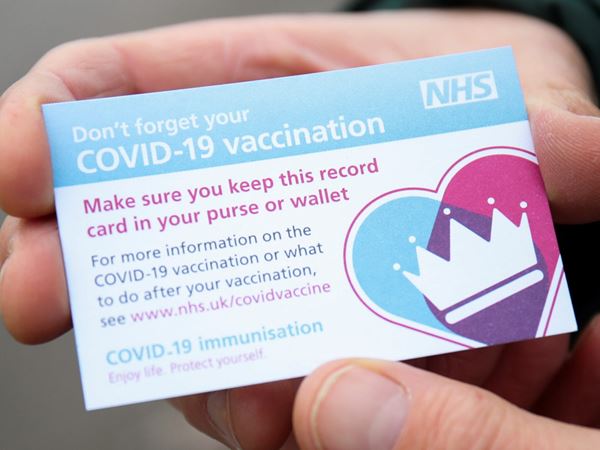You will be asked some questions at your appointment - here are some examples to think about
If your appointment is to discuss the possibility of an operation or treatment, the healthcare professional you are seeing will talk to you about:
How your condition is affecting your life and what matters to you
What any tests, examinations or investigations about your condition have found
The possible benefits of having an operation for you
What risks there might be for you from having the operation
How your operation would be carried out and whether you might need to stay overnight
Whether there is a choice of providers for your treatment – sometimes it is possible to have your appointment more quickly by travelling out of your local area or if a private provider has been asked to deliver your care
How long it might take you to recover and what you might need to do as part of your recovery. For example, attending appointments to have your dressings changed.
Whether there are any activities that you won’t be able to do for a while afterwards, for example certain kinds of work, household tasks like cleaning or doing the laundry, or driving
What alternatives to having an operation there might be for you
What would be likely to happen if you don’t have any treatment
Your healthcare professional will also talk to you about how long you might have to wait for your operation and the things you can do to stay as well as possible while you are waiting.
It is ok to ask questions. Your healthcare professional wants you to have all the information you need to help you to decide what the best plan and right treatment is for you. They will also take the time to make sure that you have understood all the information they have given you.
It is your right to be involved as much or as little as you would like to be in decisions about your health and what treatment is right for you.
You do not need to decide at your appointment. If you need more time to think about your options or to discuss these with family and friends, it is ok to ask for this.




